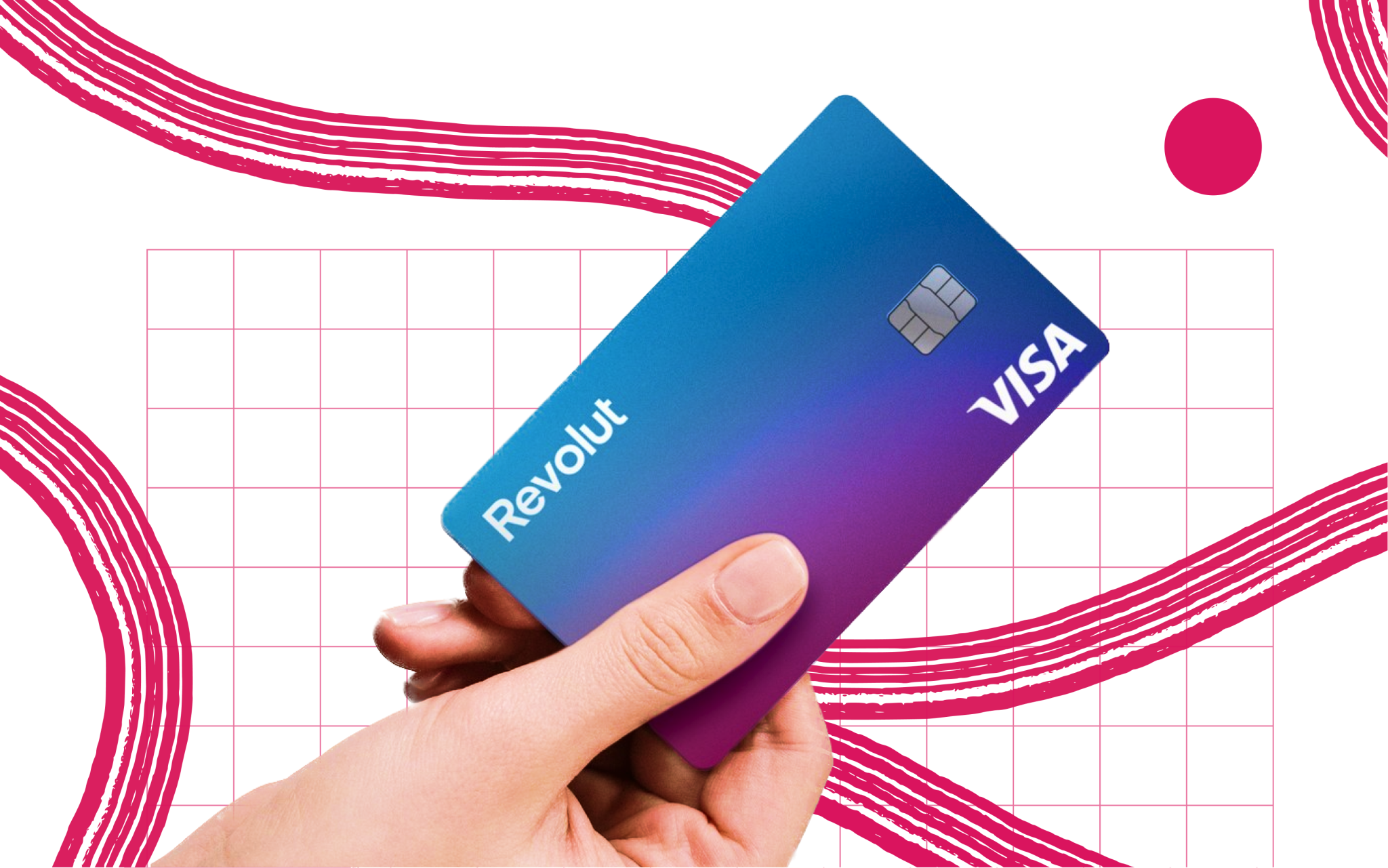It's not just Klarna's investors and founders profiting from the fintech's success — its employees are also cashing in.
At least 75 past and present employees own shares in Klarna worth seven figures, according to a Sifted analysis of its shareholder book.
A small handful of staff even hold over $10m worth of shares. That includes Klarna’s departing deputy chief executive, who has been at the firm since 2012, as well as Klarna's first head of IT, who left the firm back in 2010.
Klarna’s share price soared after it secured a $45.6bn valuation in June, propped up by investors like SoftBank. The deal made Klarna Europe’s top private startup, and the world's second most valuable fintech at the time — seeing its valuation jump fourfold from September 2020 and pricing its shares at $1,756 each.
Following the raise, employees who owned as little as 0.0022% of the company became paper millionaires.
This pool of employees has benefited from generous equity packages over Klarna's 15-year history. In 2020, according to Di Digital, staff who had been at the company for four years or longer were also reportedly invited to buy shares at a heavily discounted price back.
Employees who own as little as 0.0022% of Klarna are now paper millionaires
For now, these fortunes only really exist on paper. But with Klarna hinting at a public listing within the next year, employees could have the opportunity to cash in very soon.
An IPO would also create a huge payday for Klarna's cofounders. Chief executive Sebastian Siemiatkowski owns about 7% of the company, worth over $3.1bn. That's trumped only by cofounder Victor Jacobsson, who left the company in 2012 and owns nearly 10% of Klarna.
Klarna, which today employs 4,000 people worldwide, declined to comment.
👉 Read: Klarna's valuation history: explained
More millionaires in the works
While 75 confirmed employee-millionaires is a feat, dozens more could soon join the ranks.
That's because Klarna’s shareholder records, which are available upon request in Sweden, only list individuals who have already exercised their options into real shares.
Klarna's millionaire staff pool could therefore be far larger when accounting for those with large unexercised equity packages.
Indeed, according to Klarna’s last annual report, there were 434,000 employee stock options still outstanding. At the most recent valuation, that option pool amounts to $762m.
Moreover, if Klarna's share price increases further — at the IPO or otherwise — another batch of employees who are already close to hitting the $1m mark will join the millionaire club.
Staff at other large fintechs are also profiting from the sector's success.
British fintech Revolut has banked at least 76 employee-millionaires, according to a recent Sifted analysis. Its last filings show that its outstanding staff options pool is worth around $1.54bn — double that of Klarna's.
An ecosystem boost?
With so many employee-millionaires lined up, Klarna’s exit could be a welcome boost for the ecosystem, as successful alumni tend to plough money back into new startups.
Dozens of former Klarna employees have already gone on to found their own startups, including Mikael Hussain, the cofounder and chief executive of Anyfin, and Kristofer Ekman Sinclair, the cofounder of Zimpler.
Many of the employee-millionaires are residents in Sweden, Klarna’s home base, so could look to invest in startups in the country and Nordic region.
Nonetheless, the distribution of wealth won't be felt everywhere. Women make up just ~13% of the Klarna employees listed as millionaires in the shareholder book.
👉 Read: How much equity should you expect from an early-stage startup?
A note on methodology
Klarna's shareholder book is dated October 2021 and is available upon request in Sweden. Sifted counted any individual associated with the firm as an employee.
It's worth noting that the records don't include employees in the US. Those stock options are counted under a different scheme, which Sifted was unable to access.


